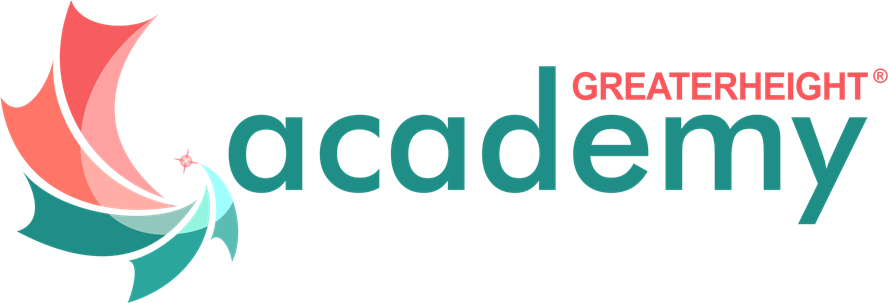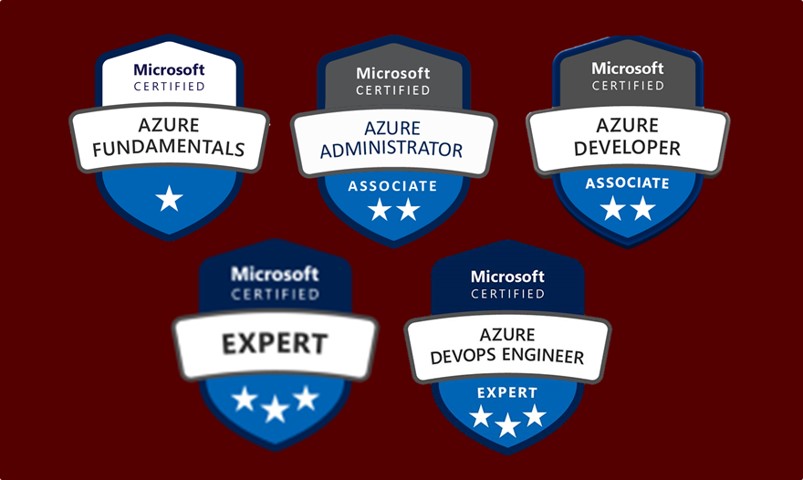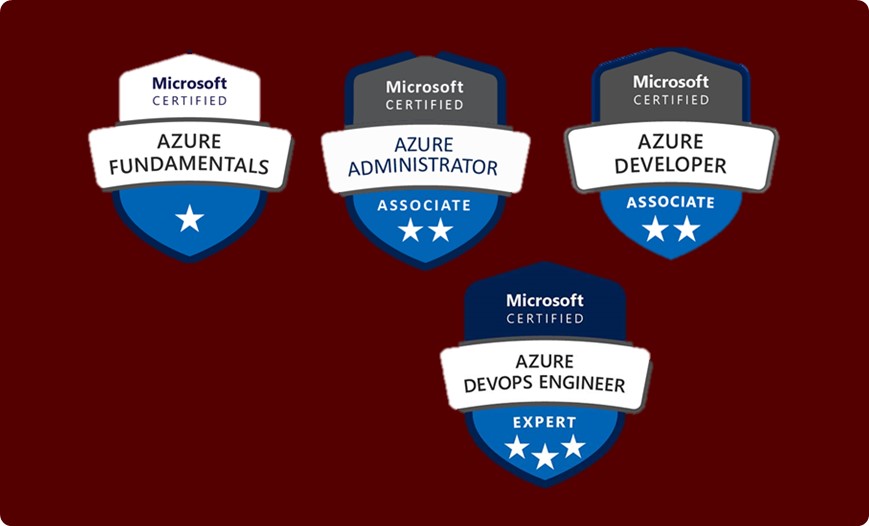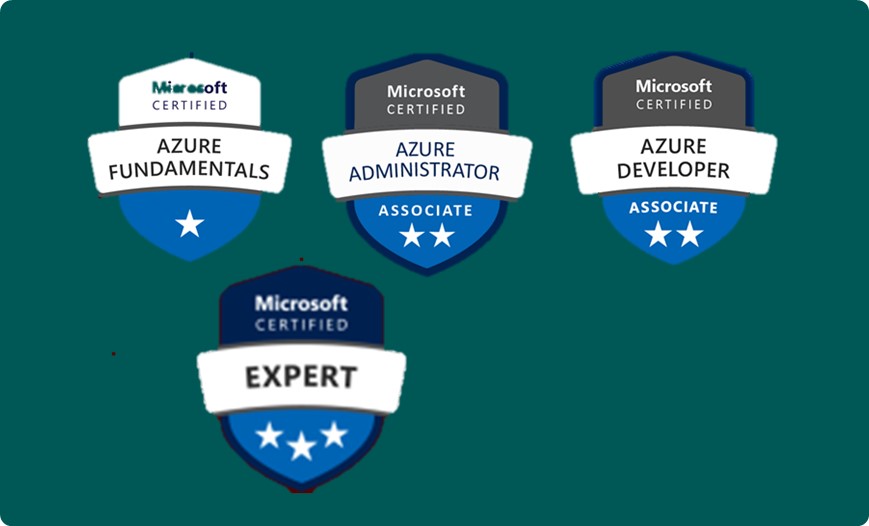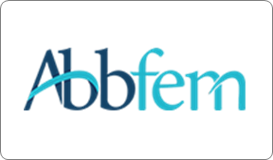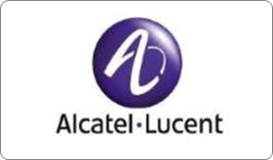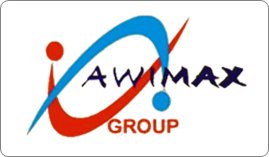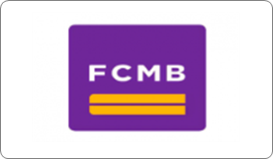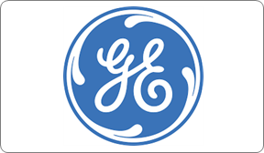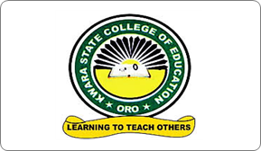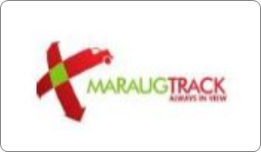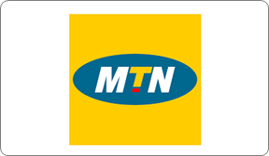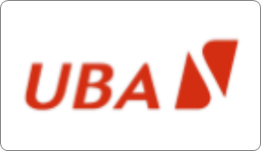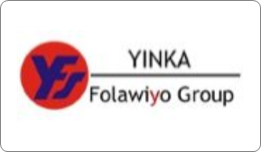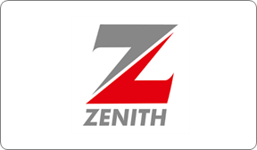Microsoft Azure DevOps Certification Training | AZ 400 Certification
- Unlimited Access to Live Training
- Access to Learning Platform for 1Yr
- Learn to do Sprint Planning and Tracking
- Learn to manage code using Azure Repos
- Learn to build CI/CD Pipeline
- Learn from Microsoft MVPs and Technical Consultant
- Get access to DotNetTricks Membership
- Get Access to Interview preparation sessions
- Resume review and Resume Building Pro tips
- Learn to pass Azure certification exam AZ-400

Live Sessions
1 Yr. Membership

Skill Level
Advanced

Career Coaching
Weekly Session

Course Durations
8-10 Weeks

Assignment
24+ Hours
Instructor-led Live Online Classes
Our learn-by-building-project method enables you to build practical or coding experience that sticks. 95% of our learners say they have confidence and remember more when they learn by building real world projects which is required to work in your real life.
| October 9th | Microsoft Certified - Azure DevOps AZ 400 Certification | SAT, SUN | FILLING FAST 8PM to 10PM |
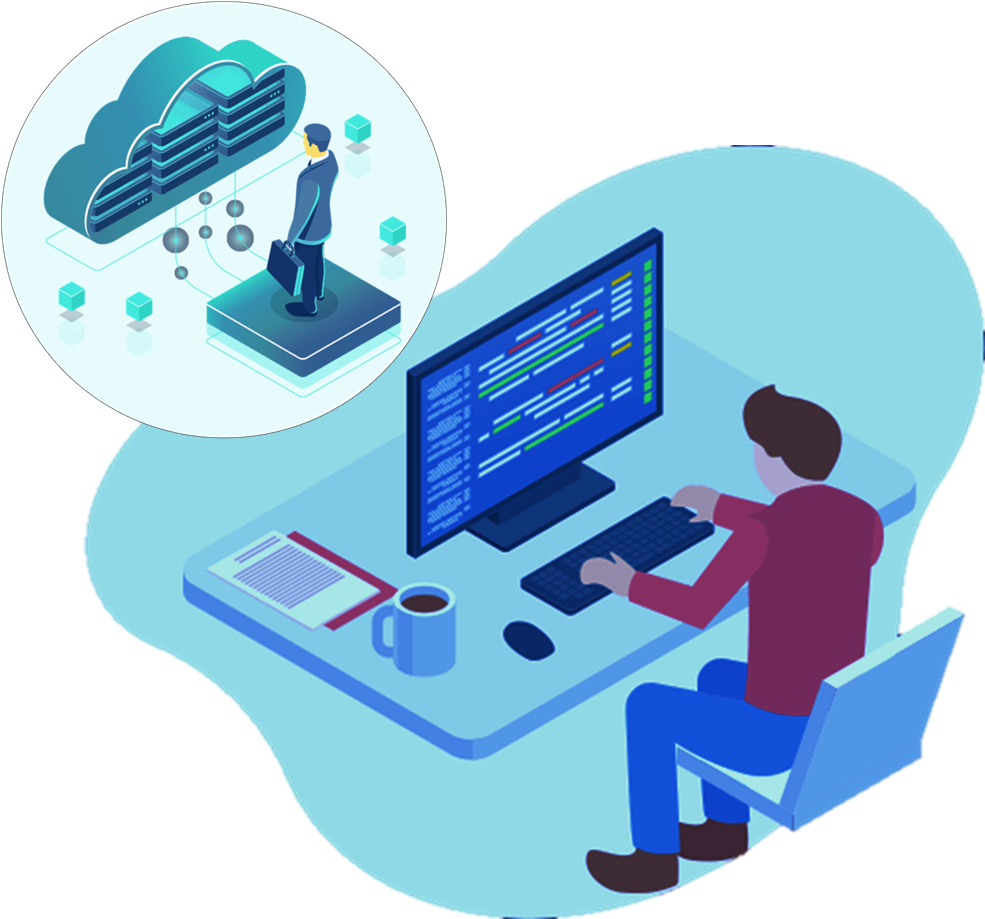
Microsoft Azure Related Courses
Why Learn Azure?
OPPORTUNITY
Public cloud spending alone will grow to $522B in next few years.
SALARY TRENDS
The average salary of Azure administrator is $105k (based on Indeed.com salary data).
PERFORMANCE
More than 83% websites will be cloud based within the next three years - Cisco.
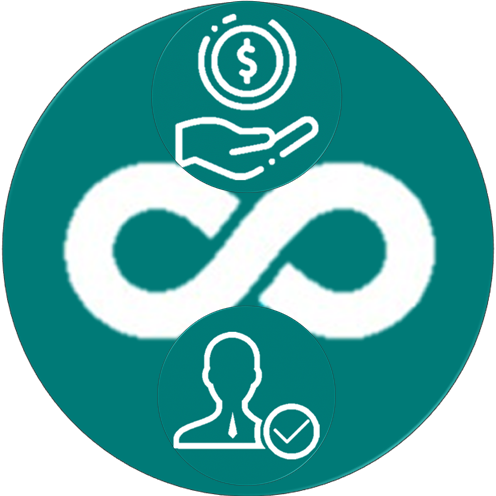
SECURED FUTURE
By 2026, 90% of enterprises will use both the IaaS and PaaS capabilities from cloud provider.
USED BY INDUSTRIES
3M, Heineken, NBC Sports, Citrix, UST Global, Mindtree, TCS, Wipro, Infosys & many MNC's worldwide use Azure across industries.
Azure DevOps Associate Certification Training Overview
Both the software development team and the operations team work together in entire SDLC (software development life cycle) to ensure the quality of products and ability of products to work in different environments. DevOps means linking legacy apps with newer cloud-native apps and infrastructure. It includes security, collaborative ways of working and data analytics. This speed enables organizations to better serve their customers and compete more effectively in the market.
The Mastering Azure DevOps Certification Online Training makes you proficient in DevOps principles like Continuous Integration (CI), Continuous Deployment or Continuous Delivery (CD) and Continuous Monitoring, using Azure DevOps. It includes training on Sprint Planning and Tracking, Azure Repos, Azure Pipelines, Unit testing with Visual Studio, Azure Test Plans, Azure Artifacts and Extensions for Azure DevOps. The curriculum has been designed to practice Azure DevOps.
The DevOps online training and certification program will provide in-depth knowledge of different DevOps tools like Azure Repos, Azure Boards, Azure Test Plans and Azure Artifacts. DevOps teams always try to focus on normalizing the development surroundings and automating the delivery processes to improve delivery efficiency, unavoidability, maintainability, and security. It also increases the value of your resume, and you can apply for the leading job posts in a well reputed organization with the help of this certification course. The DevOps ideals provide more control to the developers on the production environment along with a better understanding of the production infrastructure. After completing the online course of the DevOps Online Training, a DevOps engineer will be expertise and eligible for:
- Get complete knowledge of DevOps
- Setup Dev/Test environment
- Able to work on Project independently
- Prepare Infrastructure by using Cloud Computing
- Automation for CI/CD using YAML
- CI/CD implementation using Azure DevOps
- Prepare to you for Microsoft Azure DevOps Associate (AZ-400 Exam)
- System Admins
- Software Developers
- IT Professionals
- Solution Architects
- Application Developers
- Security Engineers
- DevOps Evangelists
- Integration Specialists
- Automation Engineers
- Project Managers
- Product Stability Managers
- Financial Software Developer
- DevOps Consultants
- DevOps Architects
- Linux DevOps Engineers
- DevOps Lead
- WIX Developer
- AWS Developer
It includes solutions such as infrastructure as a service, software as a service, and a platform as a service that can be used efficiently for services like analytics, networking, storage, virtual computing, and many more services.
The future scope of Azure looks quite promising if seen from an investment point of view because Microsoft is:
- They have 20 regions (excluding India).
Various branches like IoT, Artificial Intelligence, Blockchain and SAP depends on Azure, and thus the career progression and opportunities are immense after learning Azure. With the advent of Gaming industries, Azure got a wider audience along with its pre-existing Financial Services, Retail and Software Developer customers. Surveys report that with 1-2 years, more than 38% of the Information Technology jobs shall be related to or dependant on cloud and thus Azure.
- They have 20 regions (excluding India).
- Azure Virtual Machines.
- Azure Storage.
- Azure SQL.
- CosmosDB.
- Web App.
- Azure AD.
- CI/CD Using DevOps.
- Microsoft Azure cloud is growing exponentially, As per Microsoft report, 57% fortune 500 organizations are using Azure cloud, Microsoft Azure cloud revenue projected to 57.6 % up 29% in 2020, even Covid19 pandemic.
- Microsoft Azure cloud network is massive even in India Azure revenue touched $1B, Digital India, 27 states running on Azure cloud, top-notch banks, India top fortune 500 companies are using Azure.
- GreaterHeight Academy Azure certification training is an online live and interactive training program which enables you to master Azure development.
- Learn live with Microsoft MVPs, prepare & plan your Azure certification to showcase your skills.
- Azure development is the one skill which you should learn to up the game in your career growth & provide a significant salary hike.
Microsoft Azure AZ-400 DevOps Course Contents
02. What is Microsoft Azure?
03. Microsoft Azure Services
04. Creating a Microsoft Azure Account
05. Azure CLI, Azure PowerShell
06. Managing Azure Resources & Subscriptions
07. Azure Resource Manager
08. Microsoft Azure Architecture
Hands-On Lab
01. Creating a Microsoft Azure account
02. Configuring Azure PowerShell
03. Configuring Azure CLI
02. Azure Resource Manager
03. Managing Azure Resources
04. Azure Tags
05. Azure Storage Account & its types
06. Azure Blob Storage
07. Azure Content Delivery Network (CDN)
08. Azure Files Storage
09. Azure File Sync
Hands-On Lab
01. Manage Resource Groups in Azure
02. Move resource from one resource group to another
03. Apply tags
04. Create storage account
05. Access storage account
06. Create blob storage
07. Upload in blob storage
08. Create a file share
09. Creating and using CDN Endpoint
02. Azure Queue Storage
03. Azure Storage Explorer
04. Azure Shared Access Signature (SAS)
05. Azure Databox
06. Azure Storage Replication
07. Data Replication Options
08. Azure Import/Export Service
Hands-On Lab
01. Attach & Detach an External Storage Account
02. Storage explorer – Blob, file
03. Queues and table storage
04. Backup-archive
05. Backup – Snapshots
06. Backup – AZCopy
07. Azure Shared Access Signature (SAS)
08. Use Azure Data Factory Copy Data tool to transfer data to Azure.
02. Data Disks in Azure
03. Azure VMs & Interfaces
04. ARM templates
05. VHD templates
06. Custom Images of Azure VM
07. Virtual Machine Scale Sets
08. Virtual Machine Availability Sets
Hands-On Lab
01. Creating and Configuring an Azure VM
02. Deploying a custom image of Azure VM
03. Virtual Machine Scale Sets.
02. App Service plan
03. Networking for an App Service
04. Deployment slots
05. Container image
06. Azure Kubernetes Service
07. Azure Container Registry
Hands-On Lab
01. Create an App Service Web App for Containers
02. Create a container image
03. Configure Azure Kubernetes Service
04. Publish and automate image deployment to the Azure Container Registry
02. Azure Vnet Components
03. IP Address – Public & Private IPs
04. Azure Vnet Subnets
05. Azure Network Interface Cards (NIC)
06. Network Security Group (NSG)
07. Route Tables
08. Service Tags
09. Azure DNS
10. Private DNS
Hands-On Lab
01. Vnet creation
02. Create and configure Vnet-Vnet peering
03. Verify virtual network connectivity
04. Assign static IP to VM
05. Create route tables
06. Add routes
07. Create NIC
08. Attach NIC to VM
09. Create DNS
10. Add RecordSet
11. Create NSG
12. Add security rule to NSG
13. Attach NSG to subnet
14. Verify NSG is applied
02. Azure Front Door Service
03. Azure Traffic Manager
04. Application Security Groups
05. Azure Load Balancers
06. Azure Firewall
07. Azure Bastion
08. Network Watcher
09. Azure Express Route
10. Express Route Circuits
11. Express Route Peering
Hands-On Lab
01. Create internal load balancer
02. Create Public load balancer
03. Application Gateway
04. Implement the Azure Front Door Service
05. implement Azure Traffic Manager
06. Deploy and configure Azure Bastion Service
02. Role Based Access Management (RBAC)
03. Role Definitions
04. Role Assignment in Azure Resources
05. Azure Users & Groups
06. RBAC Policies
Hands-On Lab
01. 01. Create a custom role for Azure Resources
02. Assign a role to configure access to Azure resources
02. Windows AD Vs Azure AD
03. Azure AD Users
04. Azure AD Groups
05. Azure AD Domains
06. Azure AD Tenants
07. Authentication Options
08. Azure AD Connect
09. Self Service password Reset (SSPR)
10. Multi Factor Authentication (MFA)
11. Resource Locks
Hands-On Lab
01. Configure and interpret azure metrics
02. Configure Log Analytics
03. Query and analyse logs
04. Set up alerts and actions
05. Create a Recovery Services Vault
06. Backing up and restoring a Virtual Machine
02. Azure Metrics
03. Log Analytics
04. Alerts and actions
05. Application Insights
06. Backup reports
07. Recovery Services Vault
08. Backing Up Azure Virtual Machines
09. VM Backup Policies
10. Restoring Azure Virtual machines
Hands-On Lab
01. Configure and interpret azure metrics
02. Configure Log Analytics
03. Query and analyse logs
04. Set up alerts and actions
05. Create a Recovery Services Vault
06. Backing up and restoring a Virtual Machine
02. Installation of DevOps Tools on cloud
a. Git
b. Docker
c. Maven
d. Jenkins
e. Puppet
f. Ansible
g. Kubernetes
h. Nagios
02. Software Development Life Cycle
03. Traditional Models for SDLC
04. Why DevOps?
05. What is DevOps?
06. DevOps Lifecycle
07. DevOps Tools
02. What is Maven?
03. Running Test Cases on Chromium Web Driver
04. What is Headless Mode?
Hands-On Lab
01. Using Maven to import dependencies in Eclipse
02. Implementing a headless test using Chrome WebDriver
02. Jenkins Master Slave Architecture
03. Understanding CI/CD Pipelines
04. Creating an end-to-end automated CI/CD Pipeline
Hands-On Lab
01. Creating a Jenkins Master Slave on AWS
02. Installing Plug-ins in Jenkins
03. Creating Jenkins Builds
04. Creating Scheduled Builds
05. Triggering Jobs using Git Web Hooks
06. Using the Pipeline Plugin in Jenkins
02. Types of Version Control System
03. Introduction to SVN
04. Introduction to Git
05. Git Lifecycle
06. Common Git Commands
07. Working with Branches in Git
08. Merging Branches
09. Resolving Merge Conflicts
10. Git Workflow
Hands-On Lab
01. Git Life cycle Commands
02. Pushing Code to GitHub
03. Stashing Code in Git
04. Creating, Deleting Git Branches
05. Reverting a Push to GitHub
06. Merging branches using git merge
07. Merging branches using git rebase
08. Resolving merge conflicts using git merge tool
02. Understanding Docker Lifecycle
03. Components of Docker Ecosystem
04. Common Docker Operations
05. Creating a DockerHub Account
06. Committing changes in a Container
07. Pushing a Container Image to DockerHub
08. Creating Custom Docker Images using Dockerfile
Hands-On Lab
01. 01. Common Docker Operations
02. Creating a DockerHub Account
03. Committing Changes to a Container
04. Pushing container to DockerHub
05. Creating Local Image Repository
06. Building an Image using Dockerfile
02. Deploying a Multi-Tier Application using Docker Network
03. Using Docker Compose to deploy containers
04. What is Container Orchestration
05. Container Orchestration Tools
06. Introduction to Docker Swarm
07. Deploying a 2-Node Cluster using Docker Swarm
Hands-On Lab
01. Creating Docker Volumes
02. Using Docker Compose to deploy multiple containers
03. Deploying a Multi Node Cluster using Docker Swarm
04. Deploying a multi-service app on Docker Swarm
02. Configuration Management Tools
03. What is Puppet
04. Puppet Architecture
05. Setting up Master Slave using Puppet
06. Puppet Manifests
07. Puppet Modules
08. Applying configuration using Puppet
09. Puppet File Server
Hands-On Lab
01. Setting up Master Slave on AWS
02. Testing Connection of nodes with Puppet
03. Creating a Manifest
04. Deploying Manifest on Node
05. Creating a Module
06. Deploying sample software on nodes using
07. Puppet Modules and Manifests
08. Implementing a File Server Module on Puppet
02. Ansible vs Puppet
03. Ansible Architecture
04. Setting up Master Slave using Ansible
05. Ansible Playbook
06. Ansible Roles
07. Applying configuration using Ansible
Hands-On Lab
01. Installing Ansible on AWS
02. Creating a Playbook using YAML
03. Creating an Ansible Role
04. Using Roles in Playbook
02. Docker Swarm vs Kubernetes
03. Kubernetes Architecture
04. Deploying Kubernetes using Kubeadms
05. Alternate ways of deploying Kubernetes
06. YAML Files
07. Creating a Deployment in Kubernetes using YAML
08. Services in Kubernetes
09. Ingress in Kubernetes
10. Case Study – Kubernetes Architecture
Hands-On Lab
01. Setting up Kubernetes using kubeadm
02. Installing Kubernetes using kops and GCK
03. Creating a Deployment
04. Creating Services
05. Creating an Ingress
06. Demonstrating the use of Ingress, services and deployments together
02. Introduction to Nagios
03. Nagios Architecture
04. Monitoring Services in Nagios
05. What are NRPE Plugins?
06. Monitoring System Info using NRPE plugins
Hands-On Lab
01. Installing Nagios
02. Monitoring of different servers using Nagios
02. IaC vs Configuration Management
03. Introduction to Terraform
04. Installing Terraform on AWS
05. Basic Operations in Terraform
a. init
b. plan
c. apply
d. destroy
06. Terraform Code Basics
07. Deploying and end-to-end architecture on AWS using Terraform
Hands-On Lab
01. Installing Terraform
02. Initializing AWS Terraform Provider
03. Creating an EC2 instance using Terraform
04. Updating changes to EC2 using Terraform
05. Destroying EC2 using Terraform
06. Deploying EC2 inside a custom VPC using Terraform
02. key features
03. Azure devops tools
04. Azure devops organizations and projects
05. Introduction to Azure Repos
06. Compare TFVC and Git
07. Key concepts in azure repos
08. Search your code in Repos
09. Ahat is TFVC
10. Azure Repos Integrations
02. Key concepts in artifacts
03. Working with packages
04. Feeds
05. Views and upstream sources
06. Connecting to azure pipelines
07. What are Azure test plans
08. Exploratory and manual testing
09. Test from kanban board
10. Creating Test Plans
11. Testing web apps
02. Why use Azure Pipelines
03. Deploying to Azure
04. Key concepts in Pipelines
05. CI Triggers in pipelines
06. YAML Basics
07. Ecosystems and Integration
08. Setting up CI build
09. Adding Tests to the Pipeline
10. Agents and Tasks
02. Why use azure boards
03. Agile project management best practices
04. Basic concepts of Azure Boards
05. Connecting boards to github
06. Work items
07. Kanban boards
08. Sprints
09. Scrum and plans
10. Azure Boards integrations
02. IaC vs Configuration Management
03. Introduction to Terraform
04. Installing Terraform on AWS
05. Basic Operations in Terraform
a. init
b. plan
c. apply
d. destroy
06. Terraform Code Basics
07. Deploying and end-to-end architecture on Azure using Terraform
Hands-On Lab
01. 01. Installing Terraform
02. Initializing Azure Terraform Provider
03. Creating an Resource Group using Terraform
04. Creating Network components in Azure using Terraform
05. Deploying VM inside a custom Virtual Network in Azure using Terraform
AZURE CLOUD DEVOPS ENGINEER
SALARIES & JOBS AVAILABILITY For Azure DevOps Engineer Jobs Pay per Year?
Most Popular Jobs Similar to Azure DevOps Engineer
- Financial Software Developer
- DevOps Consultant
- DevOps Architect
- DevOps Engineer
- Linux DevOps Engineer
- DevOps Lead
- WIX Developer
- AWS Developer
- Azure Developer
- DevOps Developer
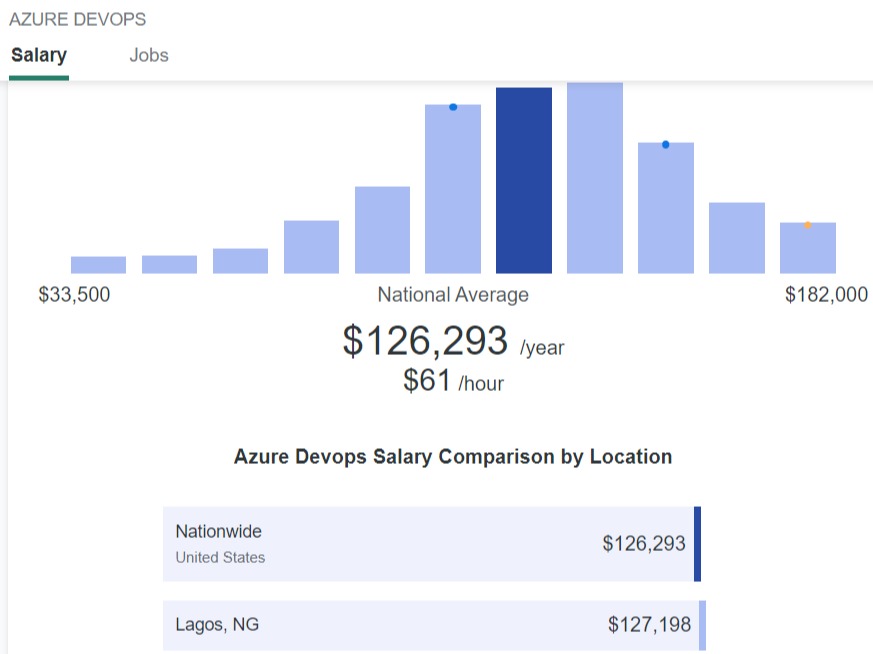
Most Popular Azure DevOps Engineer Job Categories
- Microsoft DevOps Engineer
- Microsoft Azure DevOps
- AWS DevOps
- DevOps Coach
- Azure API Management
- Azure Database Administrator
- DevOps Engineer Expert
- DevOps Relocation
- Cloud DevOps
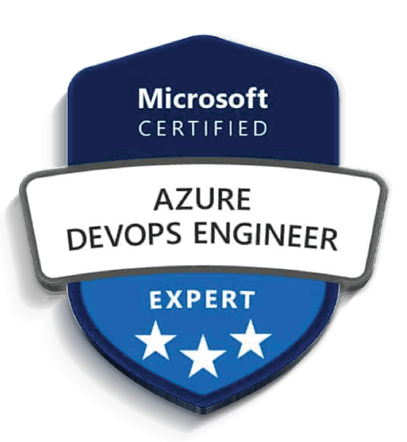
GreaterHeight Academy Benefits
Unlimited Live Sessions
Live Training Membership give you unlimited access to all our live training and sessions recording from anywhere and using any device staying at home.
Expert-led Live Sessions
All sessions are led by our expert mentors who are well connected to the open-source communities. They explain complex technical concepts in an easy way.
Test and Quizzes
Each Module will be followed by mock-up tests and quizzes which help you to monitor your learning progress and evaluate yourself.
Build Real-Projects
All the sessions are delivered using real-life. You will learn how to build real projects using industry recommended principles & practices.
Personal Career Coach
Get career guidance from top experts as your personal coach, align your preparation strategy & learning resources to achieve your goal.
Interview Prep Sessions
Get career guidance and ask your questions & doubts live. Join to prepare yourself for next job interview to crack and get hired!
Resume Building
Optimize your resume with the help of our experienced experts to get your desired jobs.
Hands-on Assignments
Learn by doing hands-on to gain confidence to solve real-world challenges and assignments. Interview Prep Sessions.
Discord Community Accessh
Get access to Discord community to discuss doubts, access assignments and learning with peer interaction.
Technical Support
We have online support team available to help you with any technical queries you may have during the course.
Get Certified
Master in-demand job skills to become a technology expert, get certified, and accelerate your career.
Microsoft Azure DevOps Online Training Projects
Practice Essential
Tools
Designed By Industry
Experts
Get Real-world
Experience
Apply your coding skills to solve real-world problems. You’ll learn how to start a project from scratch by following recommended architecture, practices and deploy to server.
Handling infrastructure solutions for Azure Cloud
The project allows the learners to handle infrastructure solutions for the organization's Azure cloud. The learners also get hands-on experience with Azure infrastructure architecture and in optimizing the Windows server workload.
Monitoring Azure Cloud For a BPO
The learners get real-world insights into monitoring Azure cloud for a BPO. They manage Azure infrastructure for an outsourcing company and configure, deploy, and manage storage solutions and work with Azure Virtual Machines.
Containerizing Various Frameworks and NGINX Application Using Docker
Use Docker to successfully integrate the software projects deployed in diverse environments. Get hands-on learning experience in setting up Node.Js on Docker containers along with pulling NGINX images from Docker Hub, etc.
Others 2 industry-based certification project that will test your ability to work with Azure DevOps Services are:
A web based travel portal wants to ship new features to their customers as quickly and easily as possible. You are a DevOps engineer, whose responsibility is to create a delivery pipeline which will deploy production changes in a short time.
- Enable Docker support for the application
- Create an Azure Web App through the Azure Portal
- Create a DevOps Project and check-in the application to Azure Repos
- Enable the WhiteSource for the project, which will check the security aspect of the solution
- Create a CI release pipeline and configure for its deployment to the Azure container registry
- Visualize the WhiteSource security report
- Validate new code check-in by checking whether it is propagated to the Azure Container registry by opening the application and checking the changes
An E-Commerce website, during its festive sale needs to monitor and manage high traffic situations for high availability. Create a DevOps pipeline, such that the changes are quickly deployed and in case of high traffic situations, resources should be autoscaled.
- Create an Azure DevOps project and check-in the code to Azure Repos
- Build and validate if the application is running
- Create an Azure Web App
- Create a DevOps Pipeline
- Enable monitoring in the pipeline
- Deploy and execute the CI/CD pipeline
- Configure Microsoft teams to visualize the pipeline
- Navigate to Azure WebApp and go to monitoring to check the performance parameters
Azure DevOps Project Architecture
The primary purpose of an application architecture is to support the development life cycle of the system. Good architecture makes the system easy to understand, easy to develop, easy to maintain, and easy to deploy. The ultimate benefit of architecture is to minimize the lifetime cost of the system and to maximize programmer productivity.
The goal of the given architecture is to learn and implement important principles and design patterns to build various domains applications like eCommerce, edTech, Food Delivery or other Service based industries applications.
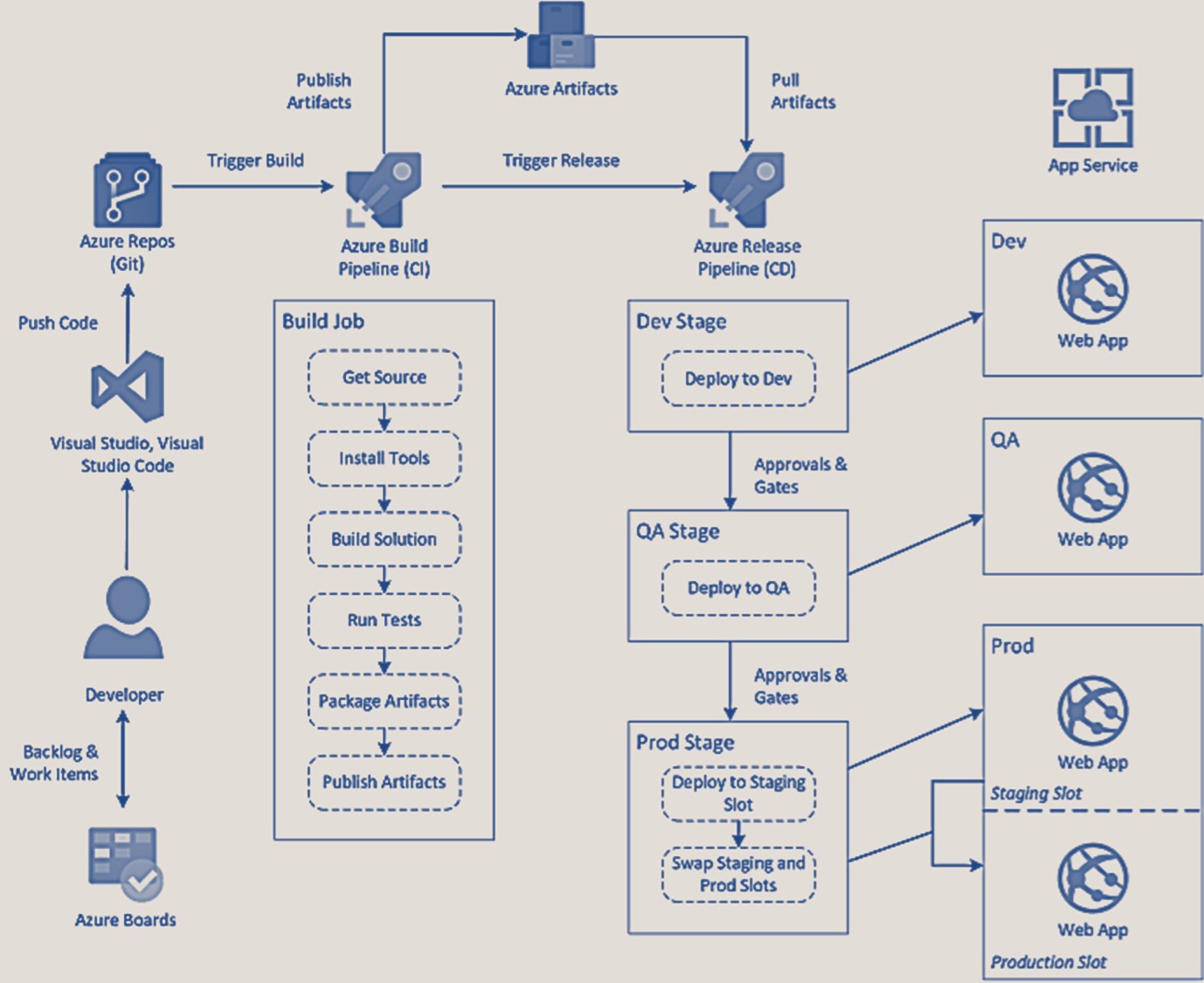
Career & Certifications
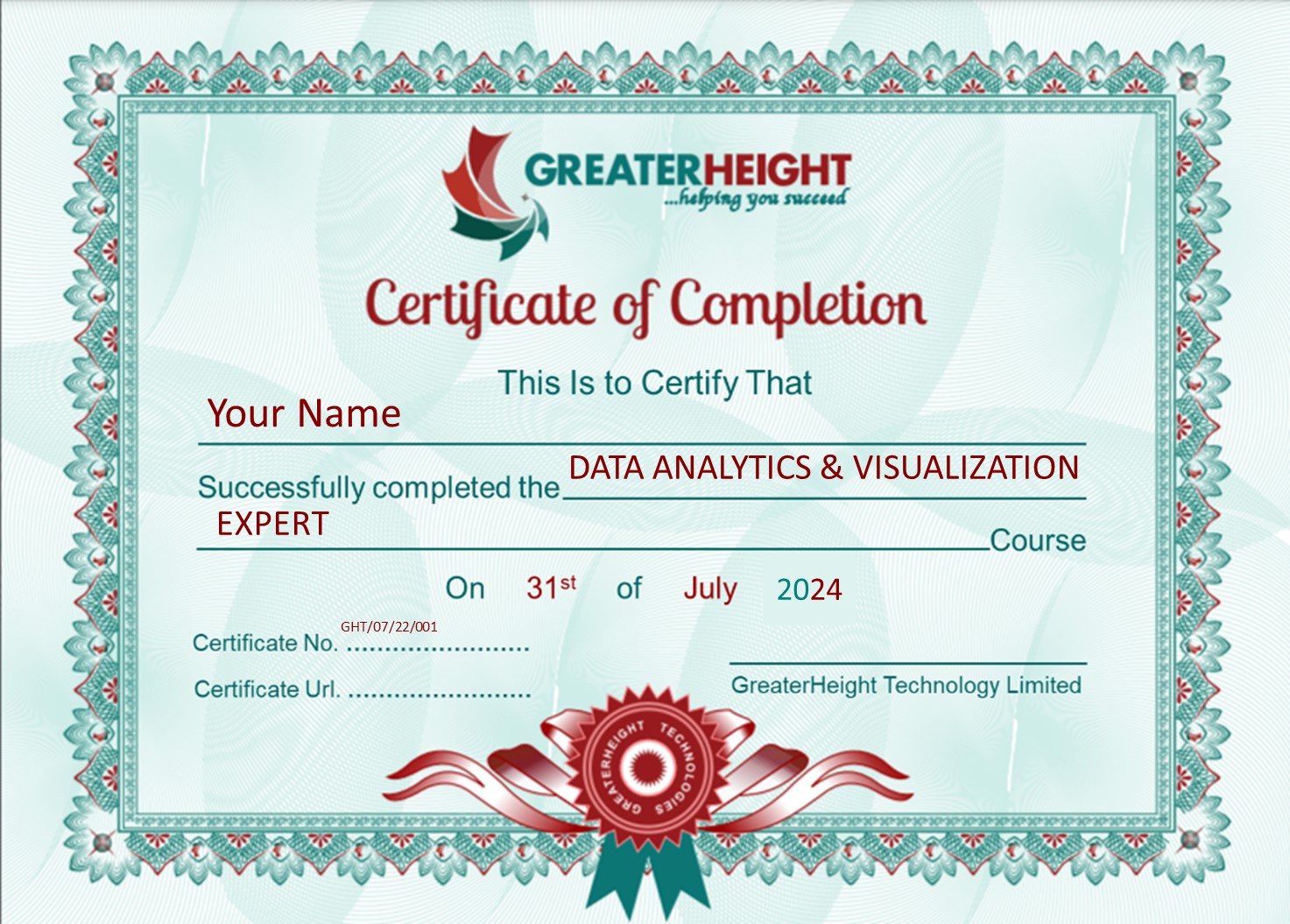
- First, earn the AZ-900 or Azure Fundamentals certification. This is the foundation level examination that acts as a significant milestone in the path of gaining the AZ-400 certification. Although it is not mandatory, the AZ-900 certification is recommended for both beginners and professionals.
- Next, you need to get an Azure Associate certification, either the Azure Administrator (AZ-104) certification or the Azure Developer (AZ-204) certification.
- 01. Single and multiple-choice questions
- 02. Arrange in correct sequence questions
GreaterHeight Academy’s course completion certificate will be awarded upon the completion of the project work (after expert review) and upon scoring at least 60 percent marks in the quiz.
01. Develop an instrumentation strategy
- Designing and implementing logging
- Designing and implementing of telemetry
- Integration of logging and monitoring solutions
- Building an actionable alerting strategy
- Next, designing a strategy for failure prediction
- Designing and implementing a health check
- Designing a strategy for authentication and authorization
- Designing a strategy for managing sensitive information
- Building security and compliance
- Designing governance enforcement mechanisms
- Creating a modern source control strategy
- Planning and implementing branching strategies for the source code
- Configuring repositories
- Integrating tools and source control
- Communicating information about deployment and release with business stakeholders
- Generating the documentation of the DevOps process
- Automating communication with members of the team
- Design-build automation
- Design-build automation
- Designing a package management strategy
- Designing a strategy to manage application infrastructure
- Implementing and maintaining build strategy
- Designing a process to standardize builds around the company
- Creating deployment templates and scripts
- Implementing a solution for orchestration automation
- Planning the deployment environment strategy
FAQs
The curriculum of this course is designed by industry experts. Upon the completion of the training course, you can apply for some of the best jobs in top MNCs around the world at top salaries. GreaterHeight offers lifetime access to videos, course materials, 24/7 support, and course material upgrading to the latest version at no extra fee. Hence, it is clearly a one-time investment.
- Azure DevOps Engineer
- Cloud DevOps Engineer
- Cloud Engineer
- Senior DevOps Engineer
- Azure Fundamentals
- Azure Data Engineer
- Azure Developer Associate
- Azure Masters
- Azure Security
- Azure Solutions Architect
If your query does not get resolved through email, we can also arrange one-on-one sessions with our support team. However, 1:1 session support is provided for a period of 6 months from the start date of your course.
You will work on highly exciting projects in the domains of high technology, ecommerce, marketing, sales, networking, banking, insurance, etc. After completing the projects successfully, your skills will be equal to 6 months of rigorous industry experience.

Download the Course Curriculum to view the course contents in your leisure time!
Enroll Now for any of the courses and Get 10% off on our promo!
If you need clarification on your career path and you want to speak with a career counsellor, please get in touch with us.
OUR CLIENTS
We Have Worked With Some Amazing Companies Around The World
Our awesome clients we've had the pleasure to work with!
